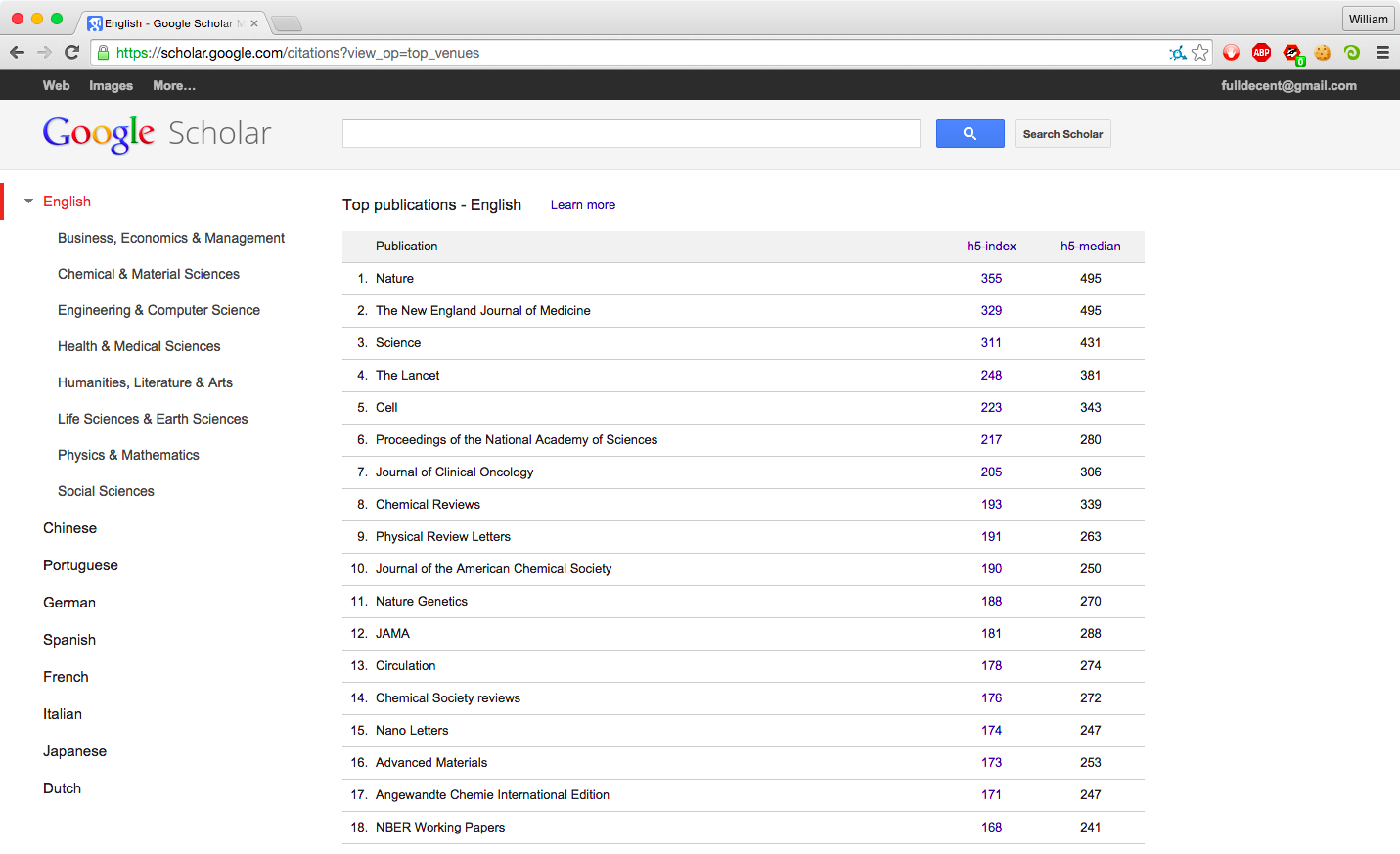I am going to be a senior undergraduate and am looking to really find the area of research that I would like to be engaged in during graduate-school/senior year. I have submitted one conference paper as a collaborating author (currently waiting for the reviewers) in the area of Social Network Analysis (mathematical modeling) and am currently working on a conference paper in Graph Algorithms.
As you might guess, I am double majoring in Math and Computer Science and would like to pursue a graduate degree in applied math. So far (I haven't taken all the undergrad courses yet!) I have enjoyed Algorithms, Real Analysis, Graph Theory and Differential Equations. In the future I am curious to learn more about Stochastic Modeling, Mathematical Logic, Artificial Intelligence, Complex Analysis, Fractals and Abstract Algebra.
- Where can I find current research journals about both the topics I have enjoyed and the topics I am curious to learn more about?
- Do any journals have mobile apps (IOS, Android, or Windows) in which they can be viewed?
- Where can I find unbiased information about the quality and related-data about journals?
EDIT: Do any journals "stream" (RSS feed) to GNU Emacs? or is there any type of package manager that will automatically download the latest publications? For example, I just found this "package/program" available in GNU Emacs. It is a list of AI publications from MIT up until 2005 (why would they stop then?)
Thanks for all the help! I am at least looking for a copy of a physical journal so I can take my eyes off the computer for a little bit! :)

